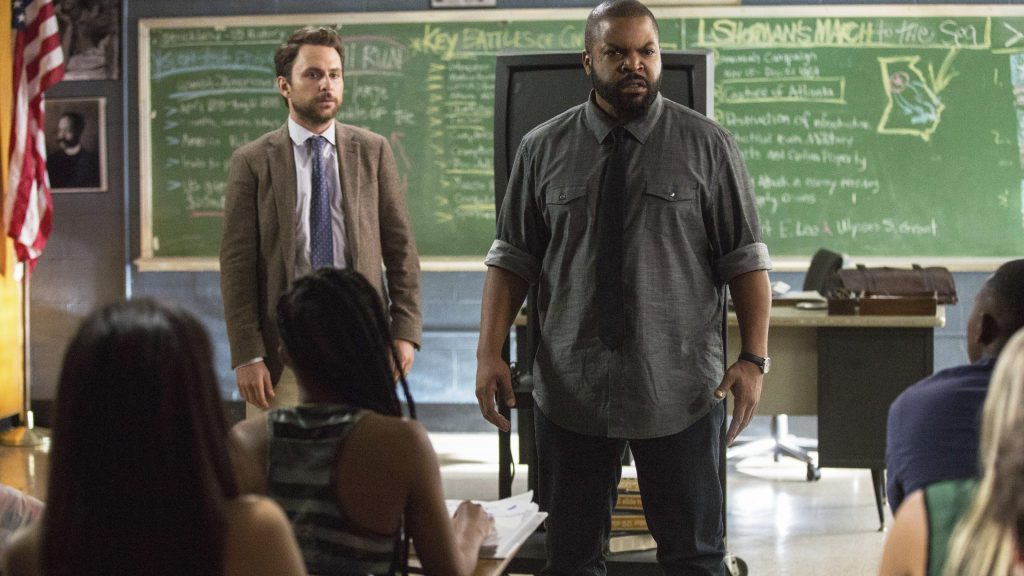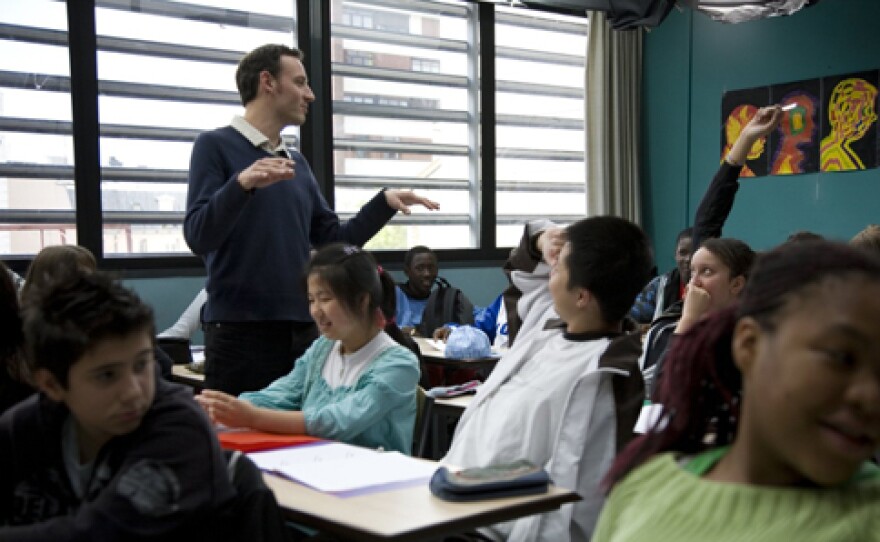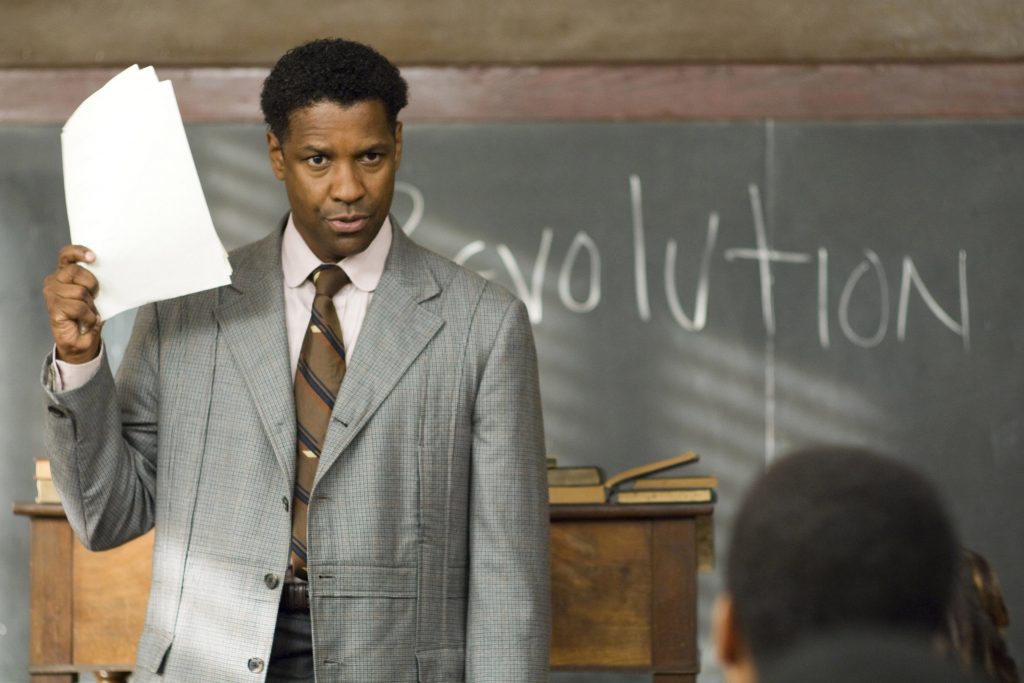Is There An Invisible Tax on Black Teachers?
It has long been argued that Black teachers suffer an invisible tax, and a new study further backs up that claim.

Hidden taxes are not unheard of, but what about invisible taxes on educators? In the world of finance, hidden taxes are often assessed on goods without consumers necessarily knowing. But are teachers taxed in a way as well? For some time now, experts in education have argued that Black teachers suffer an invisible tax in education. And now a new study looks to further that claim.
Donors Choose is a crowdfunding nonprofit organization that funds classroom projects. It enables teachers across the United States to request materials and resources for their classrooms. But DonorsChoose also completes extensive research studies as well. From November 2021 to January 2022, the site conducted a survey of educators across all demographics. Of the five thousand responses, 32% were Black male teachers.
After collecting and interpreting the data, the organization unveiled analytics that backed up the long-standing theory that Black teachers withstand an invisible tax. The report found that they were three times more likely than other teachers of color to say they were expected to discipline students of color. They also were twice as likely to report being expected to complete extra tutoring with students of color. Moreover, they reported spending twice as much time outside of regular class hours counseling students than all other demographics.

With the data backing up what many educators have often argued, the theory is compelling. Rita Kohli is an assistant professor at the University of California, Riverside. She and Marcos Pizarro, an associate dean of the College of Education at San Jose State University wrote an expensive scholarly paper exploring the structural racism that Black teachers endure. In the piece, the professors argue that teachers of color are often hired by schools to teach race and racism amongst “race-evasive” colleagues. The article was posted in the American Educational Research Association.
The DonorsChoice survey and scholarly article also discuss the negative effects Black teachers ultimately suffer from this alleged invisible tax. It’s being reported that African-American men that seek out work in the education sector often do so out of an inner need to further social justice work. However, experts argue that this need to promote social justice often acts as a double-edged sword.
Last week, Travis Bristol, an associate professor at the University of California, Berkeley’s Graduate School of Education spoke during a panel discussion on the Black male educator experience. According to him, he believes this invisible tax is occurring because schools don’t provide adequate and continuous professional development for non-Black teachers. He feels that Black teachers are held up on a pedestal as being the first responders to anything that occurs in school with non-white children.

While the topic of an invisible tax is subjectable, public education has made strides in closing the equity gap in the education sector. But as the new report makes its rounds, we can be sure to see school officials address the issue. New York City School Chancellor David Banks has already read the report and discussed the findings. “When a student sees a teacher who looks like them standing at the front of their classroom it is a powerful, life-changing experience,” Banks said via Yahoo. Furthermore, Banks said the survey only confirms something that most educators already know to be true. Banks, like other education leaders, look forward to working closely with groups like Donors Choose to assess the invisible tax issue, and increase diversity in the education sector.



